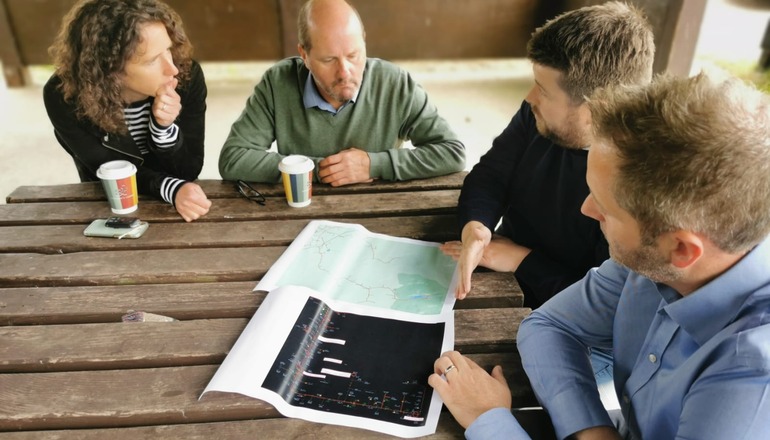
How-to Guide
Technologies & business models
Community energy is most commonly associated with generating electricity from renewable energy sources like rooftop solar PV, wind turbines, and hydropower. With the Clean Power 2030 Mission hoping to achieve 8GW of local and community ownership of generation, this is going to remain a big focus for the sector. But the sector is also growing increasingly diverse and active across all parts of the energy system.
Community energy organisations are already well-established, active on the energy demand side, giving fuel poverty and home insulation advice, working on ways to electrify heat via heat pumps and neighbourhood heat networks, as well as innovating new ways to deliver community scale battery storage and grid flexibility services.
Dedicated pages on different technologies
- Electricity generation (solar, wind, hydro)
- Efficiency (energy advice, fuel poverty and retrofit services)
- Heat generation (heat pumps, biomass)
- Flexibility
- Data services
Other resources
- The National Map resource – created by CEE and our partners at the Net Zero Hubs, this is the most comprehensive dataset on community energy projects established nationally to date. See the latest projects and what is working well in your area.
- Next Generation’s Innovation case studies give overviews of projects that developed and tested new business models on behalf of the community energy sector
- Centre for Sustainable Energy has a resource Bank on technology types and options
